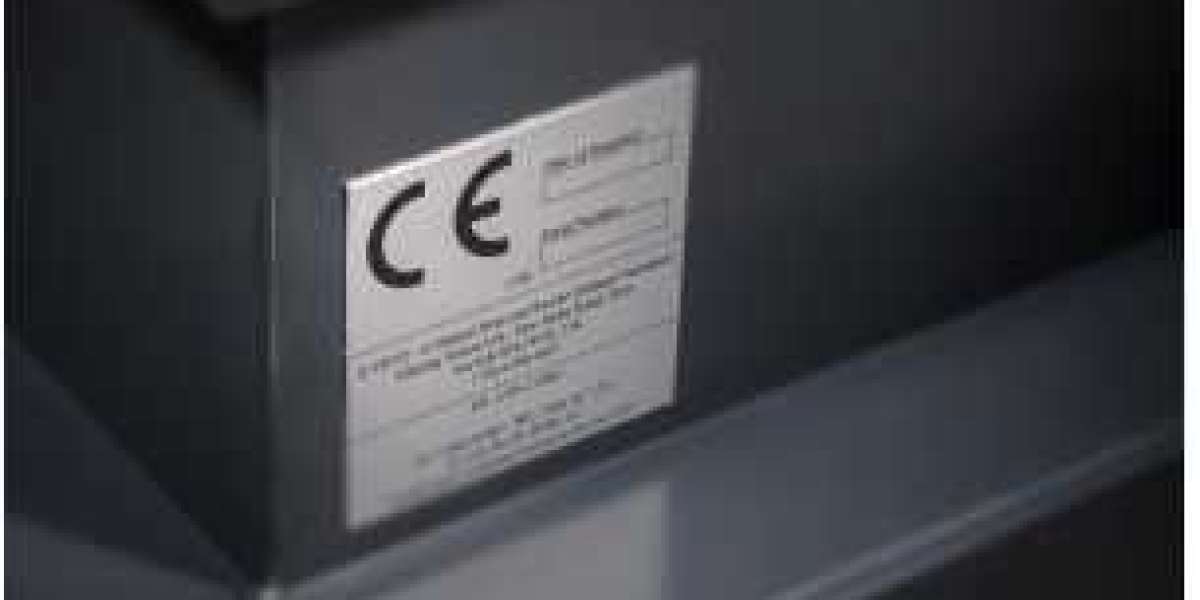Introduction
CE certification, which stands for Conformité Européenne, is a crucial aspect of product compliance for goods entering the European Economic Area (EEA). This certification is mandatory for a wide range of products, ensuring they meet the necessary safety, health, and environmental protection requirements. Understanding the significance of CE certification is paramount for businesses aiming to penetrate the European market and for consumers seeking safe and reliable products.
The Purpose of CE Certification
The primary purpose of CE certification is to harmonize product standards across the EEA, promoting the free movement of goods while safeguarding the well-being of consumers and the environment. This certification is a declaration by the manufacturer that their product complies with the essential requirements and standards outlined in relevant European Union (EU) directives.
Mandatory CE Certification
Various product categories fall under the scope of mandatory CE certification. These include electrical and electronic equipment, machinery, medical devices, toys, personal protective equipment, and construction products. Manufacturers must affix the CE marking to their products before placing them on the market, indicating conformity with EU regulations.
The CE Marking Process
Obtaining CE certification involves a series of steps. Manufacturers must first identify the applicable directives for their product. Next, they assess and document conformity through testing and analysis. Once compliance is confirmed, the manufacturer affixes the CE mark to the product. The certification process may involve third-party assessment by notified bodies, particularly for high-risk products.
Benefits of CE Certification
CE certification offers several advantages for manufacturers, distributors, and consumers. For manufacturers, it provides access to the expansive European market, enhancing competitiveness. Distributors benefit from reduced liability risks as they can trust that CE-marked products meet EU standards. Consumers gain confidence in the safety and reliability of products bearing the CE mark, contributing to overall market trust.
Enforcement and Penalties
EU member states enforce CE certification through market surveillance authorities, which monitor compliance and take corrective measures when necessary. Non-compliance can result in penalties, product recalls, or even the withdrawal of products from the market. It is crucial for businesses to stay informed about evolving regulations to ensure ongoing compliance.
Conclusion
CE certification plays a pivotal role in facilitating the free flow of goods within the European market while upholding safety and quality standards. Understanding and adhering to the CE certification process is not only a legal obligation but also a strategic move for businesses aiming to thrive in the dynamic and competitive European marketplace. As consumers increasingly prioritize product safety, the CE mark continues to be a symbol of trust, fostering a secure and harmonized marketplace for all stakeholders.







